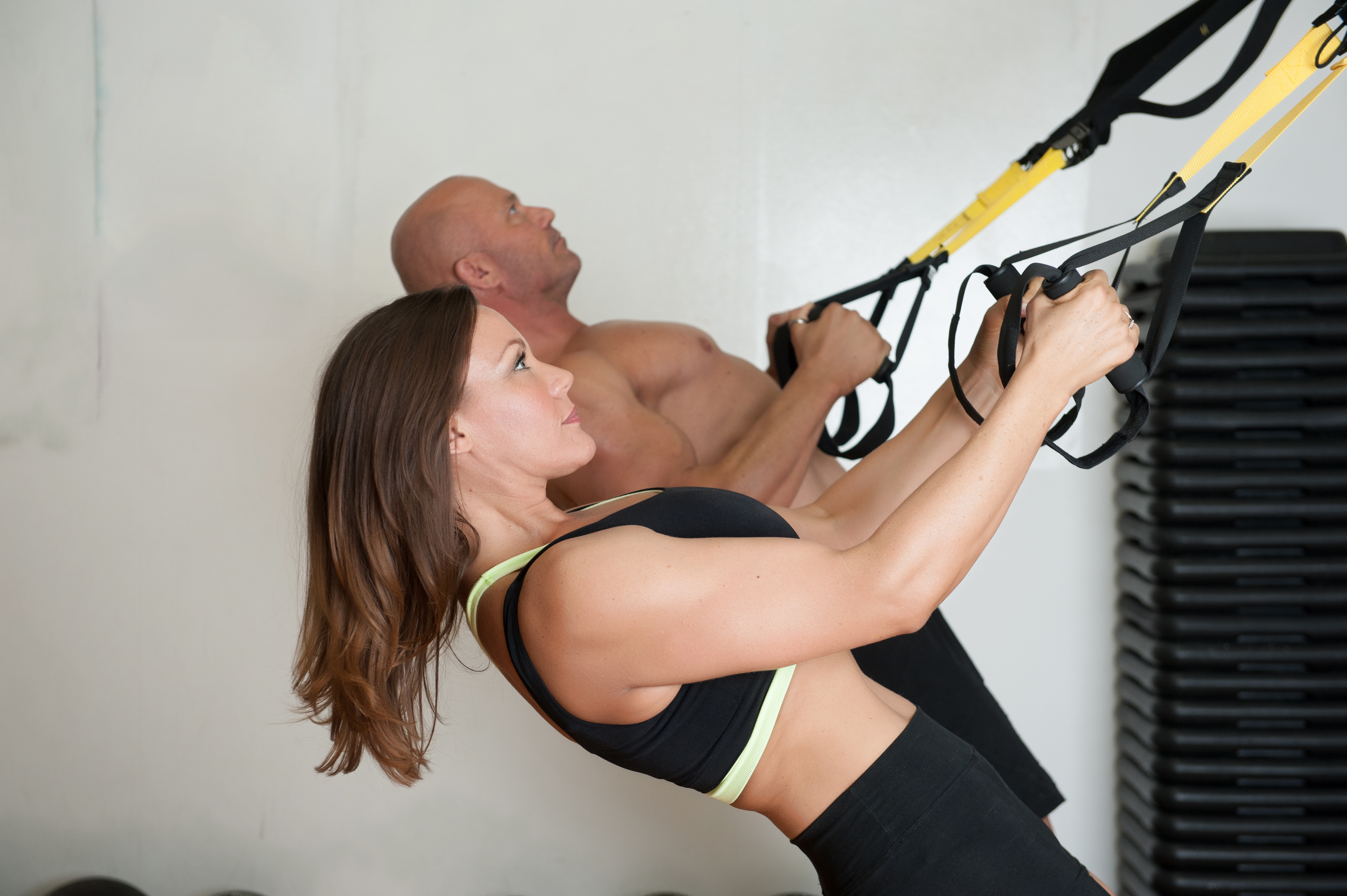
Women’s Health: Training in Sync With Your Cycle
- Marie Behenna

- Oct 19, 2022
- 3 min read
Updated: Nov 1, 2025
You may have noticed that some days you feel full of energy in your fitness sessions, and others you feel like you're walking through mud.
There are many factors that can impact how you feel in your training sessions, such as quality of sleep, stress, nutrition and hormones, including the full female cycle.
We are not just talking about feeling a bit low during your period, but the effects of the full monthly cycle on your body.
FIRST, UNDERSTAND THE MENSTRUAL CYCLE
The menstrual cycle is a process the female reproductive system goes through each month (or thereabouts) to release an egg from the ovaries and make a pregnancy occur. It is regulated by hormones, including the luteinising hormone and follicle stimulating hormone, which promote ovulation, and the female sex hormones: estrogen and progesterone, which prepare for possible fertilization.
The menstrual cycle starts on the first day of your period and lasts until the first day of your next. It is typically 28 days on average, but can span between 25 to 36 days or more.
There are 3 phases of your cycle: follicular, ovulation and luteal. I will outline what happens and how to adapt your training in each phase below.
WHAT HAPPENS TO YOUR BODY DURING THE FOLLICULAR PHASE?
The follicular phase starts on day one of menstruation and continues up until ovulation (around day 10-14). This is when the uterine lining sheds due to a drop in estrogen and progesterone levels from the previous cycle and often lasts 3 to 7 days.
You may notice a performance advantage during this phase such as faster recovery, enhanced strength gains, improved temperate regulation and more ability to access body’s energy stores. But, this may not be the case for everyone, so consider tracking your cycle and performance to see what patterns emerge for you.
HOW TO ADAPT TRAINING DURING YOUR FOLLICULAR PHASE
If you feel good, you can plan your most intense training during this phase.
Since hormone levels are more balanced during this phase, there is a potential positive effect on your energy, strength and mood.
Make sure to adapt your nutrition as well if you are training harder by increasing your good fat and protein intake. If you're not sure about this, book in a nutrition session with us to make an individual plan for you.
WHAT HAPPENS TO YOUR BODY DURING THE OVULATION PHASE?
Around day 10-14 luteinising and follicle stimulating hormones rise during this phase, stimulated by elevating estrogen levels. This causes the release of an egg.
The ovulation phase of your cycle is short, only about 24-36 hours.
HOW TO ADAPT TRAINING DURING YOUR OVULATION PHASE
Around this time, you might be full of energy. A great time to intensify training!
You may notice a reduced appetite around this time, so focus on hydration and fueling with the right healthy foods.
WHAT HAPPENS TO YOUR BODY DURING THE LUTEAL PHASE?
The luteal phase, Days 15 to 28(ish), is the time between the ovulation and menstruation phase. Estrogen and progesterone rise and remain high throughout this phase. Energy levels tend to drop during this phase and some women experience symptoms such as irritability, bloating and fatigue.
With an increase in hormones, you also have a higher resting metabolism, reduced ability to access muscle glycogen, increased muscle loss, increased sodium losses via sweat, reduced blood volume and reduced strength and aerobic capacity.
HOW TO ADAPT YOUR TRAINING DURING YOUR LUTEAL PHASE
If you’re struggling with performance during this time, you can take a step back and focus on calmer maintenance fitness sessions. Lower weights, less intensity, and perhaps some Balanced Body classes to help calm, realign and reset the body.
Remember to put your feet up when you can, and stay well hydrated with electrolytes (as low electrolytes can make you feel even more fatigued).
Try to keep nutrition healthy. Sugar is a nutrient robber and leads to further fatigue, so opt for healthier food but perhaps a SLIGHT increase in portion size to help with energy levels.
.
Even though exercise can feel harder during this phase, actual fitness markers such as V02 max remain the same.
If you are entering or coming through the peri/menopausal phase, your energy levels will definitely change. Watch out for another blog post on that topic 🌼
Marie Behenna
Studio 41 Fitness and Nutrition
Resources :
Wikipedia;
NHS ONLINE;
S. Hnatiuk






Comments